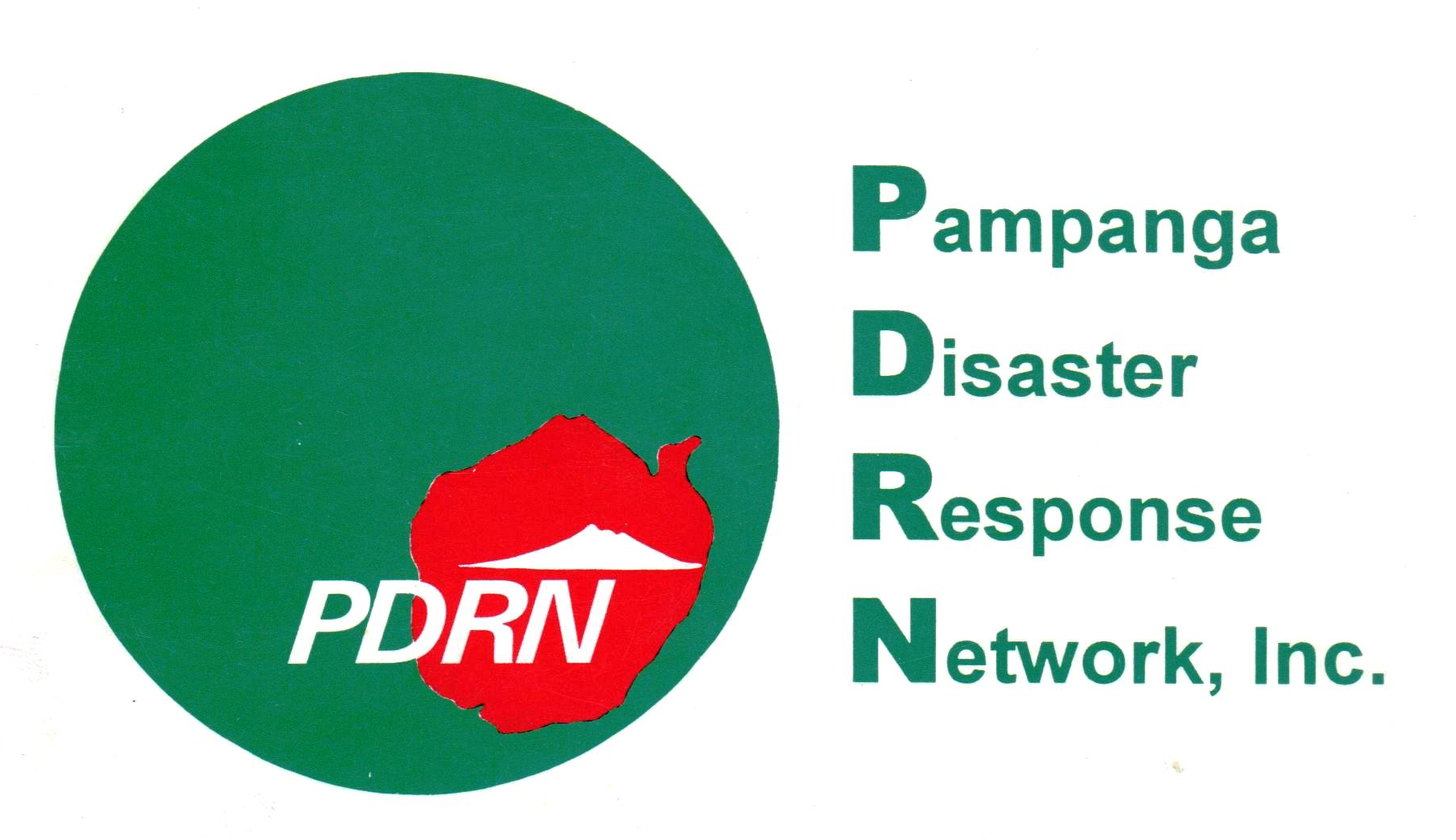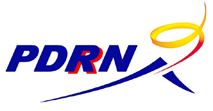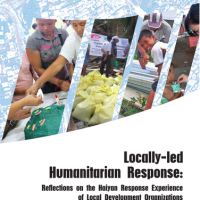The people’s disaster risk reduction network, Inc.
“Flourishing the philosophy of networking follows the emergence of PDRN”
 In 1991, the Citizens’ Disaster Response Center, through its regional affiliate, the Central Luzon for Emergency Aid and Rehabilitation, initiated a series of consultation on the experiences of disaster response work and the situation of Central Luzon. The timely effort resulted with a counter-disaster plan given the impending eruption of Mt. Pinatubo.
In 1991, the Citizens’ Disaster Response Center, through its regional affiliate, the Central Luzon for Emergency Aid and Rehabilitation, initiated a series of consultation on the experiences of disaster response work and the situation of Central Luzon. The timely effort resulted with a counter-disaster plan given the impending eruption of Mt. Pinatubo.
As part of the strategy, pampanga disaster response network (PDRN) was tactically formedin May 1991, with the support of local NGOs and POs, commenced its full operation right after the June 15 destructive Mt. Pinatubo eruption through monitoring, data gathering, relief services, evacuation center management, formation of community response groups, and food for work.

humbly pledged their unselfish commitment and with the support of sympathetic government and non-government organizations, it was able to hurdle the difficulties encountered. One of these was the ENFANT ET DEVELOPPEMENT (EED), a Manila-based French NGO that supported PDRN community activities for almost 6 months.
After 10 months of operation, PDRN was formalized and registered at the Securities and Exchange Commission as a non-stock, non-profit, non-government organization with SEC Registration number ANO92-001347 issued on 2 April 1992. Since then, PDRN committed itself to work with, for, and by the vulnerable sector of Pampanga for the development of their initiatives and given capacities towards self-reliant communities. Recognizing its own limitations, PDRN’s response is based on the people’s actual needs, their given capabilities to manage and ensure that it complements with the communities’ program.
 Through its trained personnel, PDRN consciously undertakes the following: continuous awareness raising; capability enhancement activities; encourage cooperation and facilities organizing; and support community mobilization.
Through its trained personnel, PDRN consciously undertakes the following: continuous awareness raising; capability enhancement activities; encourage cooperation and facilities organizing; and support community mobilization.
In 2007, the organization re-affirmed Disaster Risk Reduction as its overall framework for the next five years (2008-2012 Plan), which later on change its name to "people's disaster risk reduction network" or PDRRN in 2010. Furthermore, PDRRN defined the community-based disaster risk reduction as its approach that would contribute in addressing critical issues on global warming, good governance, and food security and low productivity. On April 9, 2015, the Board of Directors agreed to sustain the plan for another five (5) years as no significant change happened in terms of address issues faced by vulnerable population and communities.
PDRRN is a non-government organization (NGO) that is committed to work for sustainable development among vulnerable communities through engagement in community-based disaster risk reduction (CBDRR) strategy. It works hand-in-hand with its partner community-based disaster response organizations (CBDROs), the government, other NGOs, private groups and individuals in advancing DRR work, primarily in Central Luzon and other poor and high-risk provinces of the country. Through the years, the organization has developed its competencies in community-based DRR work that can be gleaned from its activities and responses since the Mt. Pinatubo’s eruption in 1991.
Currently, PDRRN functions as a center that provides much-needed support for the operations of its partner community-based disaster response organizations (CBDROs). Support comes in the form of organizing and capability-building, resource mobilization, monitoring and evaluation, financial management and the like.

